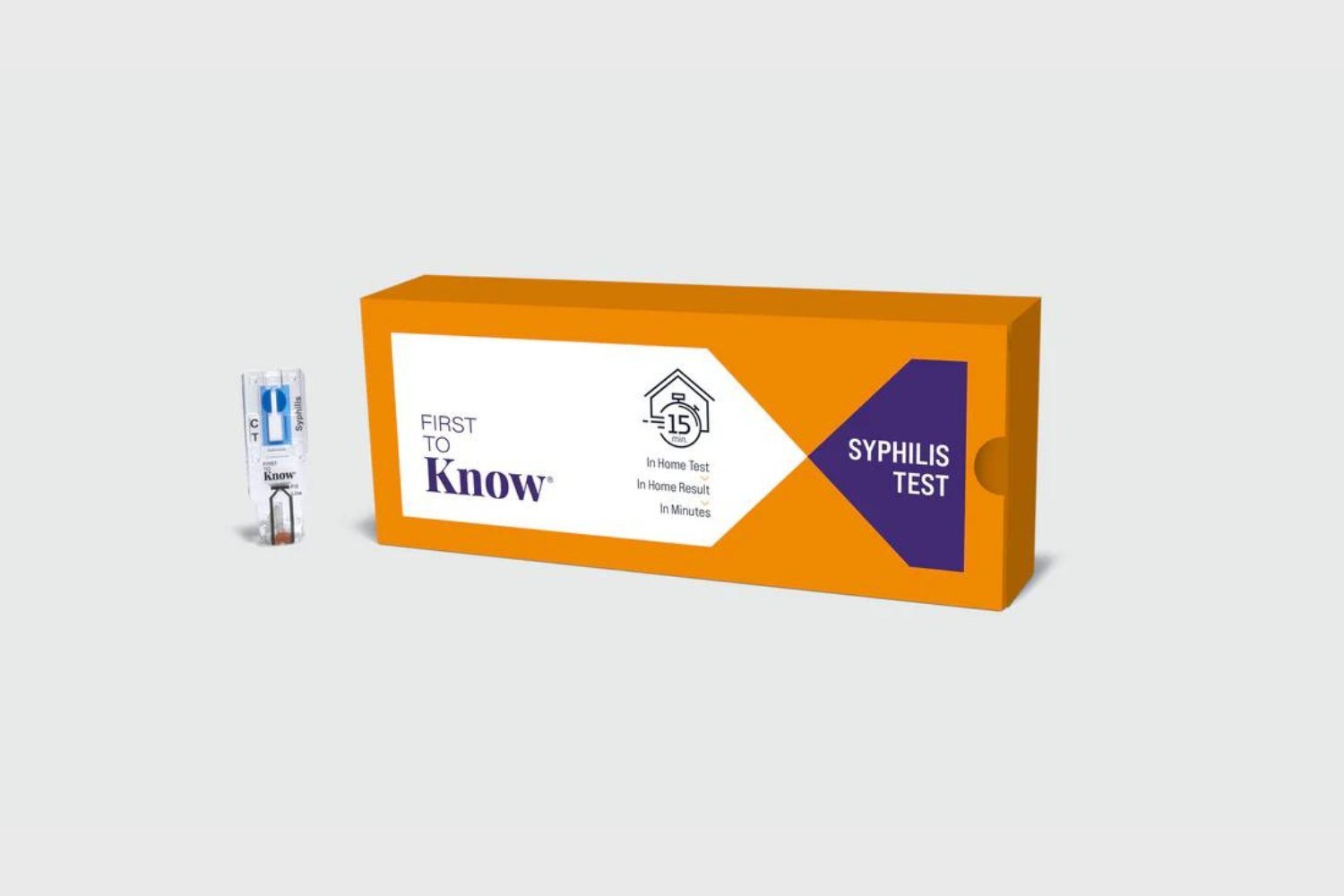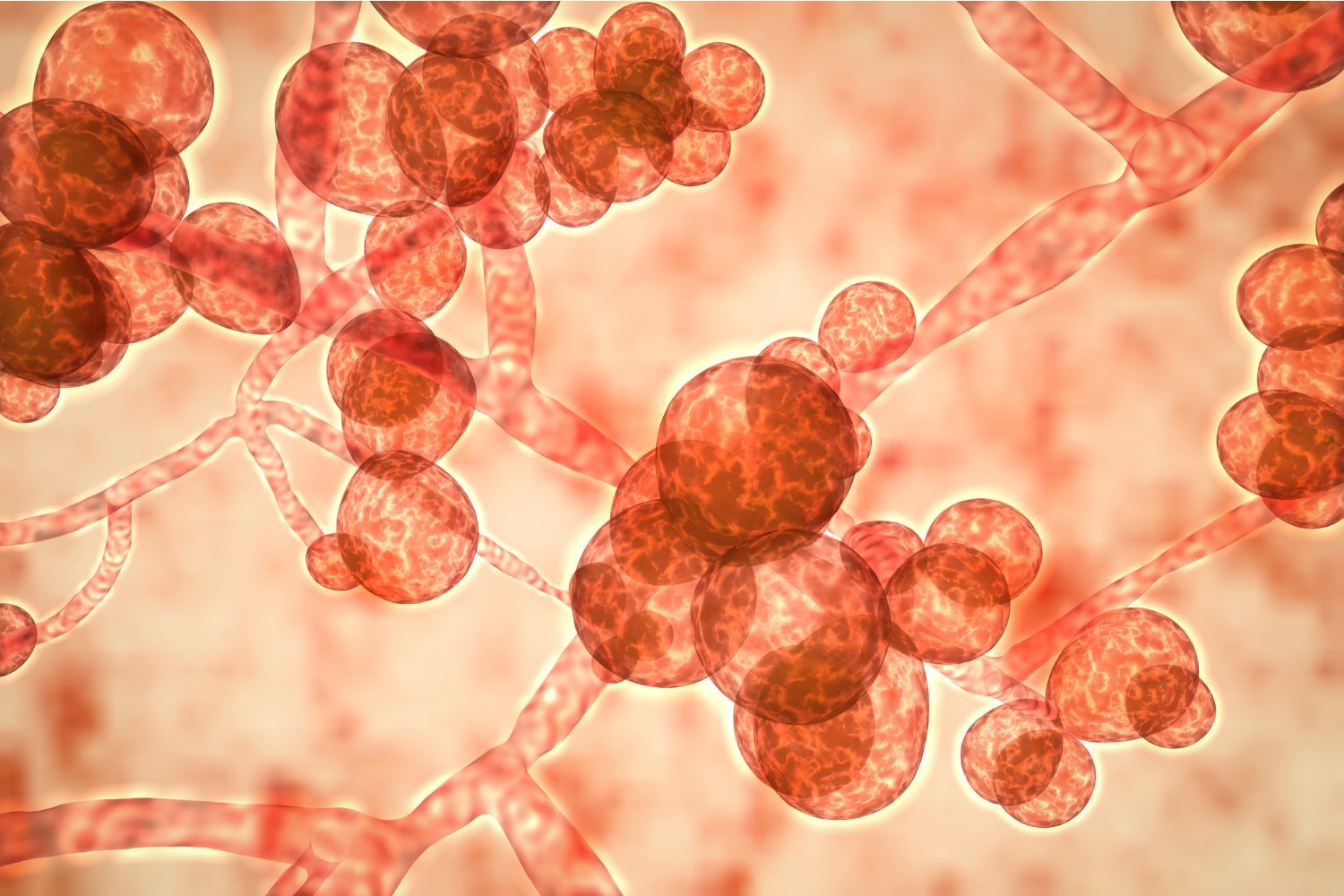Recurrent pregnancy loss, defined as two or more consecutive miscarriages, affects a small but significant percentage of women. While miscarriage itself is relatively common, impacting 10% to 20% of known pregnancies, repeated loss is devastating. New research suggests that two commonly used drugs, low-dose aspirin and heparin, could offer hope for women at high risk.
A Japanese research team at Kobe University has been investigating the role of specific antibodies in recurrent pregnancy loss. Their earlier work identified autoantibodies targeting beta-2-glycoprotein I (β2GPI), a protein found on cell surfaces, including those in the uterus crucial for fetal development. These antibodies are similar to those found in individuals with antiphospholipid syndrome (APS), an autoimmune disorder linked to pregnancy complications. However, the researchers observed these antibodies in women experiencing recurrent pregnancy loss even without a diagnosis of APS.
Knowing that low-dose aspirin, often combined with heparin, is already used to mitigate miscarriage risk in women with APS, the researchers investigated whether this same treatment could benefit women with anti-β2GPI antibodies but without APS.
Their study, published in Frontiers in Immunology, included 47 pregnant women with recurrent pregnancy loss and positive anti-β2GPI antibody tests. Thirty-nine women received low-dose aspirin and/or heparin, while eight did not. The results revealed a significant difference: over 80% of the treated group had successful live births, compared to just 50% in the untreated group. Furthermore, the treated group experienced a considerably lower risk of pregnancy complications.
Lead researcher Tanimura Kenji, an obstetrician at Kobe University, stated that despite the small sample size, the results clearly demonstrate the effectiveness of low-dose aspirin and/or heparin in preventing pregnancy loss and complications in women with these newly discovered antibodies.
The presence of APS in some participants could have influenced the findings. However, the researchers noted an even higher success rate (over 92%) in women without APS who received the treatment. Dr. Kenji suggests that anti-β2GPI antibodies may also contribute to infertility and other health issues like arterial thrombosis, broadening the potential impact of these findings.
Larger trials are necessary to confirm these promising results. Nevertheless, the prospect of a simple and affordable treatment to prevent recurrent pregnancy loss offers significant hope to women and families facing this heartbreaking challenge.











